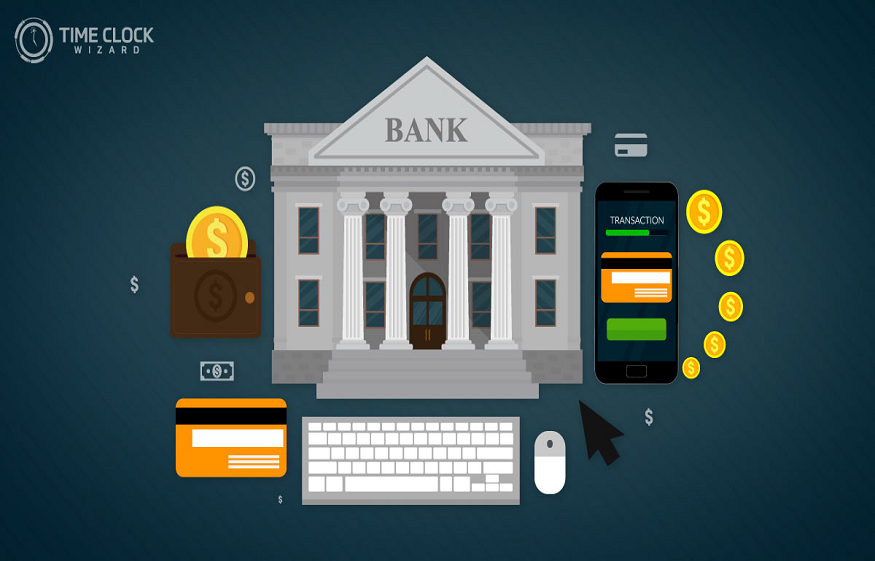Why Your Business Needs a Bank Account?
For any business—whether a startup, SME, or large enterprise—having a business account is essential for managing finances efficiently. Unlike personal accounts, a business account provides seamless access to banking services tailored to commercial needs, such as foreign exchange transactions, invoicing, and payment processing.
With a dedicated account, businesses can track cash flow, ensure financial transparency, and simplify tax compliance, making financial management more structured and reliable. Moreover, businesses looking to expand internationally must have a business account that supports foreign exchange transactions to handle cross-border payments smoothly.
Key Benefits of a Business Account
-
Financial Clarity & Professionalism
A business account helps maintain a clear distinction between personal and business finances. This ensures better accounting, taxation, and financial planning, reducing the risk of errors and compliance issues.
Additionally, having a dedicated account adds credibility to your business. Clients and partners prefer to transact with businesses that have a professional banking setup, rather than sending payments to a personal account.
-
Simplified Payment Management
Handling large transactions or multiple payments can be complicated with a personal account. A business account allows you to:
- Receive and make payments through multiple channels, including NEFT, RTGS, IMPS, and SWIFT.
- Automate recurring payments such as salaries, supplier invoices, and operational expenses.
- Monitor cash flow in real-time using digital banking tools.
With the right banking partner, businesses can even benefit from instant payment approvals and automated reconciliation, making financial management efficient and error-free.
- Easy Access to Business Loans & Credit Facilities
Many banks offer preferential access to digital business loans for businesses with an active account. By maintaining a strong transaction history, businesses can improve their creditworthiness and get faster approvals for:
- Working capital loans for managing day-to-day expenses.
- Trade finance solutions, including letter of credit and invoice discounting.
- Instant digital loan options for urgent business needs.
A well-managed business account strengthens your financial profile, making it easier to secure funding when needed.
4,Hassle-Free Foreign Exchange Transactions
For businesses dealing with international clients or suppliers, managing foreign exchange transactions efficiently is crucial. A business account with forex support provides:
- Competitive exchange rates to reduce currency conversion costs.
- Fast and secure SWIFT transfers for cross-border payments.
- Real-time tracking of international transactions.
With global trade expanding, businesses need a bank that facilitates seamless foreign exchange transactions while offering risk management solutions to hedge against currency fluctuations.
How to Open a Business Account?
Opening a business account has become quick and hassle-free, thanks to digital banking. Many banks now let businesses open a business account online with minimal paperwork, making the process more convenient.
Here’s how it works:
- Choose the right account type – Select a business account based on your company’s size and needs.
- Gather required documents – Most banks require a business registration certificate, PAN, and KYC details of the business owners.
- Submit and verify details – Upload the documents online, and the bank will verify them digitally.
- Account activation – Once verified, your account is activated instantly, allowing you to start transactions.
Opening a bank account can be a gateway to business-friendly solutions, including multi-currency accounts, priority banking, and SME lending options, ensuring smooth financial management for growing businesses.
Security & Fraud Protection in Business Banking
As businesses move towards digital transactions, security becomes a key concern. A business account provides robust fraud protection, including:
- Two-factor authentication (2FA) for secure transactions.
- Automated fraud detection systems to identify suspicious activity.
- Access controls & multi-user authorisation to prevent unauthorised access.
By choosing a banking partner with advanced security features, businesses can safeguard financial data and ensure secure transactions.
Conclusion
A business account is not just a necessity but a strategic asset for businesses looking to scale. From managing cash flow and accessing loans to facilitating foreign exchange transactions, the right account ensures seamless financial operations. Additionally, it provides valuable insights and tools to help businesses make informed financial decisions.


